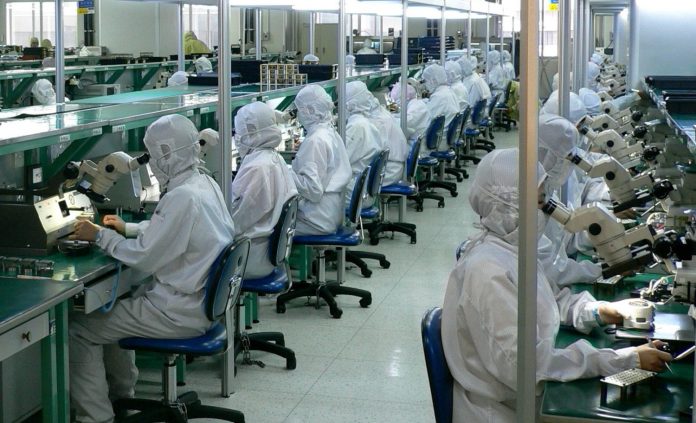37% of the UK workforce, are worried that automation will change their jobs for the worse, according to in-depth research published to coincide with the launch of a new Commission on Workers and Technology.
The two year commission organised by the trade union Community and the Fabian Society will identify the immediate actions that government, employers and trade unions need to take to support workers as technology impacts on jobs during the next 10 years.
The survey of over 1000 workers found that almost a quarter (23%) of workers are worried that their current job may no longer be needed, according to the YouGov survey, which also found that few workers felt that government, employers and trade unions were doing enough to prepare for automation in the workplace.
Overwhelmingly, workers are positive about their own ability to navigate change: 73 per cent are confident they will be able to change and update their skills if new technology affects their job.
After learning about how technological changes will affect the workplace, over half (53 per cent) are optimistic about their future working life and job prospects.
Launching the commission and commenting on the poll findings, Yvette Cooper MP, Chair of the Home Affairs Select Committee, said:
“The digital revolution means technology and jobs are changing faster than ever.
“This survey of workers found that almost a quarter of workers are worried that their job will no longer be needed.
“And whilst it found that most people are optimistic that they will be able to change and update their skills, they also say they are not getting any help or support to train or adapt from the government, their employer or a trade union.
“It is vital that action is taken now to ensure changing technology doesn’t widen inequality and to make sure all workers feel the benefits.”
Roy Rickhuss, General Secretary of Community, said:
“These figures should serve as a wake-up call for all trade unions. The vast majority of workers in unionised workplaces do not believe we are supporting them to cope with technological change.
“Automation cannot simply be opposed, rather it should be made to work in the interests of working people. Our members are already dealing with the consequences of automation being managed badly. Government and business need to step up too, but trade unions have a central role to play.
“Our movement has been at the forefront of social change over the past century, but without urgent action we risk being left behind as the jobs of the next century are born. This commission is an ambitious piece of work that will take us out of our comfort zone and we are delighted that Yvette Cooper has agreed to lead this work over the coming months.”







